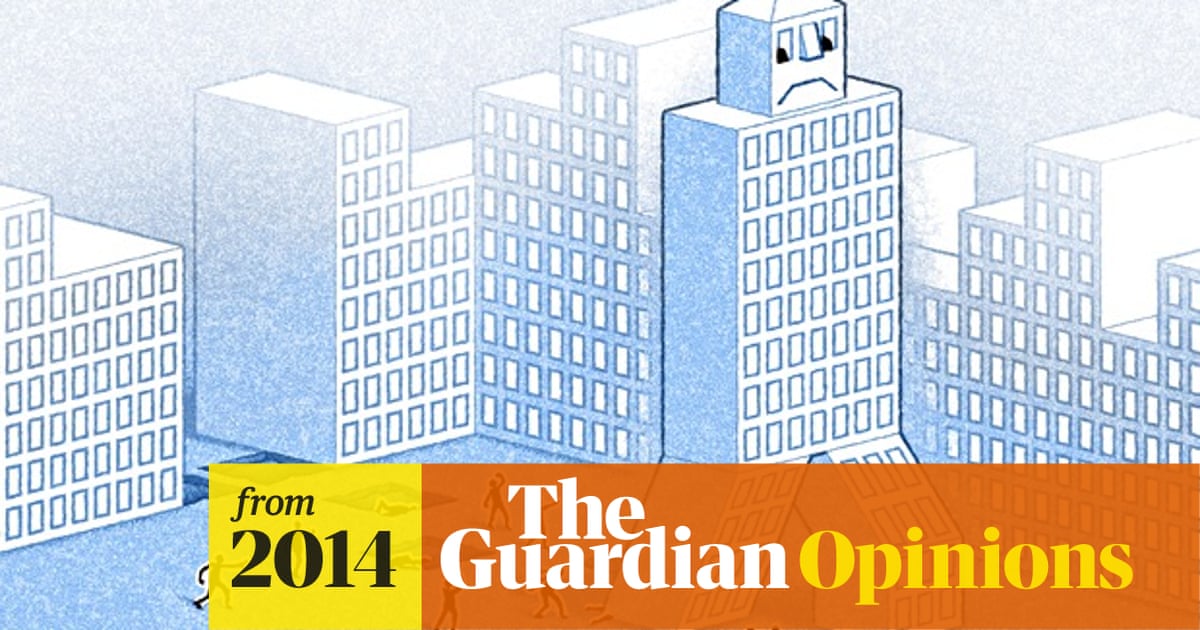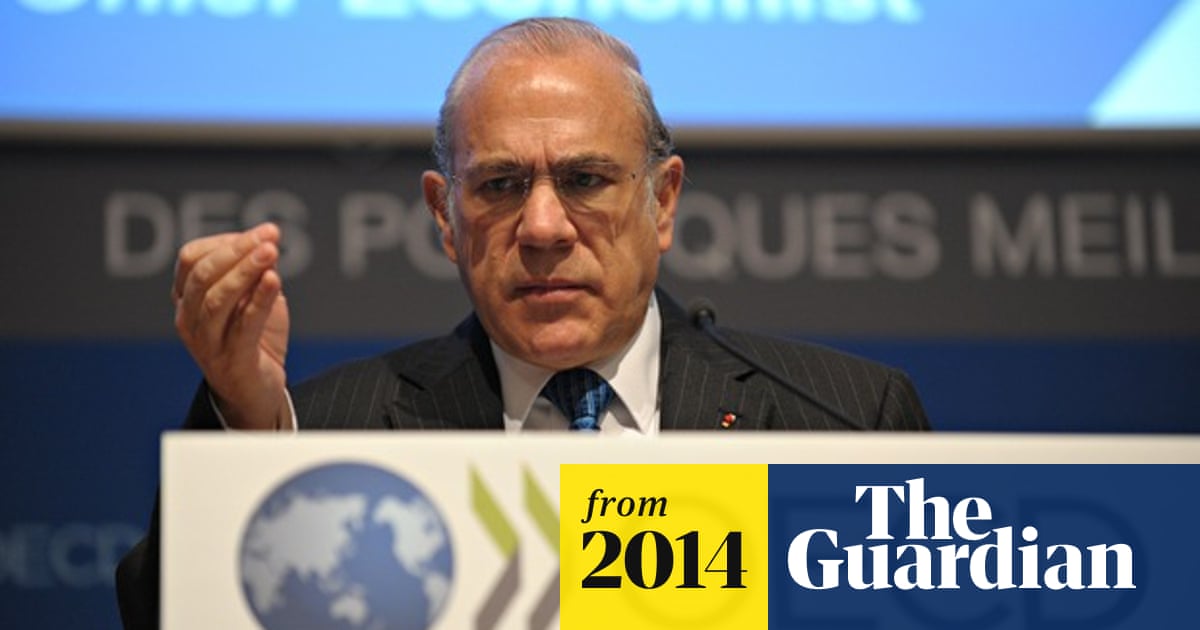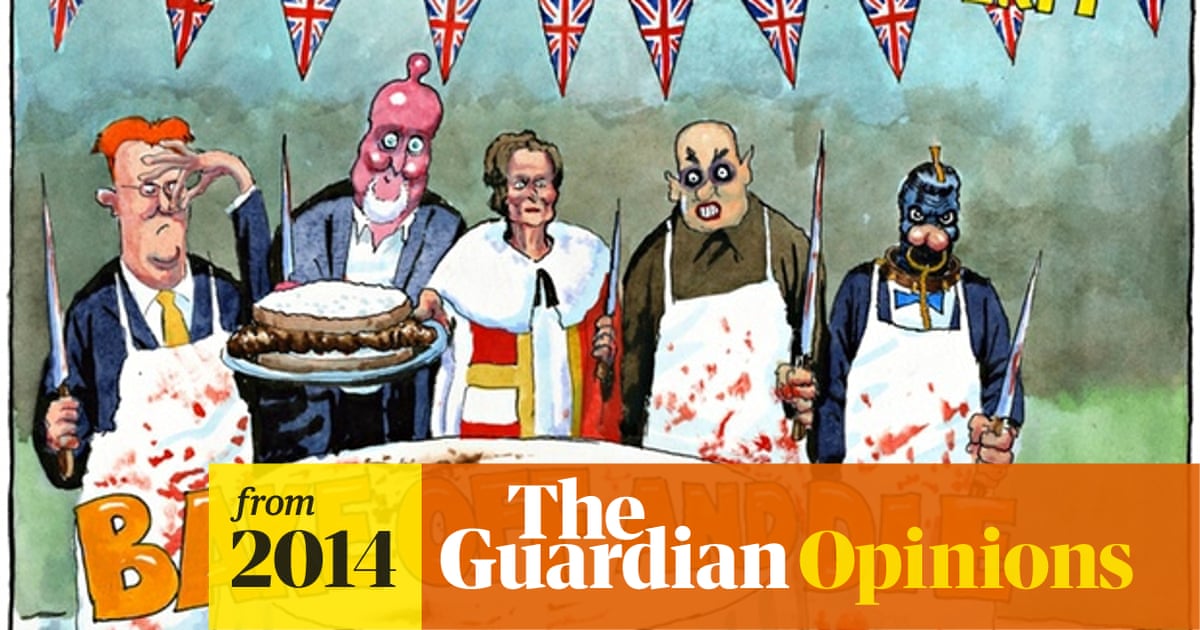This invaluable book, subtitled ‘from competition to the foundational economy’, describes the failure of a 30 year old policy experiment with competition and markets and proposes a new experiment in social licensing of foundational activities. The repeated failure of that old experiment in subjecting the basics of everyday life to competition is conclusively demonstrated by detailed case studies of three sectors broadband, food supply and retail banking, where private sector business models lead to underinvestment, damaged supply chains and gouged customers. The radical move is then to change the frame and envisage a new experiment. The three sectors are only part of a much larger foundational economy, producing mundane goods and services which form the basis of civilised life. In this sheltered zone, firms and sectors enjoy privileges which bring profit. The book argues for a new experiment in social licensing whereby the right to trade in foundational activities would be dependent on the discharge of social obligations in the form of sourcing, training and living wages. This argument for reframing economic policy choices comes from a team of researchers and policy advocates based at the Centre for Research on Socio Cultural Change who blog as Manchester Capitalism. Their book combines rigour and readability to suggest a better way of organising the fundamentals of economic life as a way out of the current impasse. Such a radical strategy is essential to replace the current vacuum in ideas, resulting in a dispirited economic consensus and voter apathy. Reading this book should help remove the need for a question mark in its title.
way to go Enfield ....
a reminder
Once upon a time, in the middle of the last century, America had a thriving economy in which the middle class was at the center and everyone—poor and rich alike—did better. But then, starting in the late 1970s, a group of self-serving rich people began to sell a promise that if we took better care of them, their wealth would trickle down, and that would help everyone else prosper. The country bought that line. And for three decades both parties yielded to it. The results were great for the very rich—and disastrous for everyone else. Wages stagnated. Inequality became extreme. Mobility slowed. By 2008, things were so upside down and we had so lost our way that the economy collapsed. Out of that ruin, many began to remember the old ways: the truth that lasting growth and shared prosperity come from the middle out and not the top down. Now we are joined in a battle of ideas to see whether middle-out economics can dethrone trickle-down.




Comment